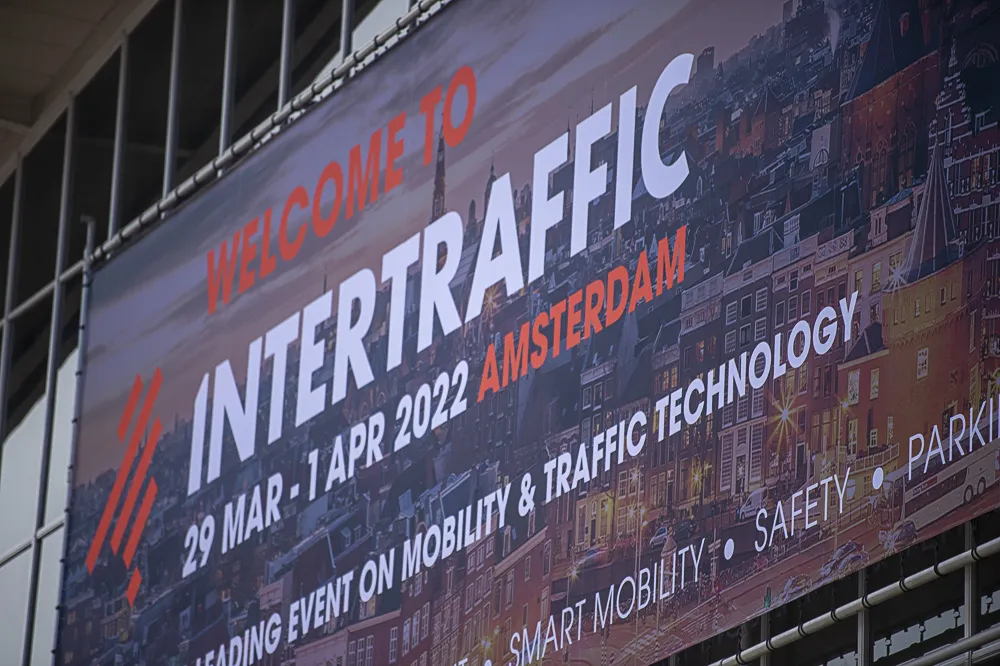US partners
The platform carries out traffic and signal analysis at a city’s advanced traffic management system or on controllers at street level with the intention of generating accurate real-time information. It aims to reduce data volumes by a factor of over 100 and provide hardware savings of up to 80% compared to traditional solutions. Subscribers to the service receive traffic information from a real-time application programming interface.
Trafficware and Swim.ai launch live streaming traffic information service
US partners Trafficware and Swim.ai have launched a live streaming traffic information service powered by machine-learning and edge computing. Called TidalWave, the solution intends to enable communities to deliver enhanced streaming traffic data with sub-second accuracy. It is also said to be packaged in a more affordable cloud service with low overhead and no impact to city infrastructure. The platform carries out traffic and signal analysis at a city’s advanced traffic management system or on
April 5, 2018
Read time: 1 min









